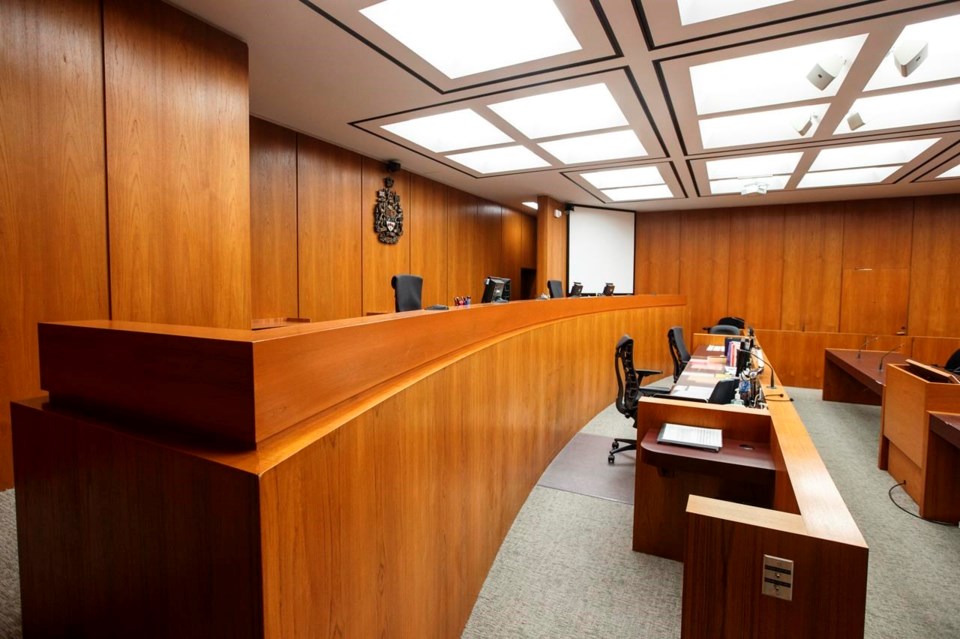EDMONTON — As Alberta's Law Society seeks to defend rules that require members to take a course on Indigenous issues, experts say such measures are common elsewhere in Canada and are well-grounded in legal rationale.
"It is increasingly common that law societies across the country are requiring continuing education in certain particular areas" that include cultural awareness, said Trevor Farrow of York University's Osgoode Hall Law School in Toronto.
"The law is continually changing," said Jeremy Webber of the University of Victoria's law school.
"The reason for the requirement is to ensure that a lawyer does not continue to practice their area of law as though it were the 1980s."
The Law Society of Alberta is to vote Monday on a motion that would suspend the group's ability to require its members to undertake continuing education. The vote is a response to a petition from 51 lawyers concerned about The Path, a five-part course on Indigenous history and culture that follows one of the calls to action in the Truth and Reconciliation Commission report.
One signatory to the petition, Glenn Blackett, has called the course "political indoctrination" and compared it to a cancer infecting the roots of Canada's legal system.
"The vitriol directed at Canadians in The Path seems less likely to promote reconciliation than to promote a distorted perception of history and of the causes of socioeconomic disparity, anger, shame, and enduring Indigenous alienation," he wrote in the Dorchester Review.
Other signatories have said the course requirement reminds them of their childhood in authoritarian China.
"I understand the concerns around indoctrination and forced speech," said Farrow.
"I don't see this as indoctrination. This is continuing education in an area where Canadians have been woefully undereducated. It's the law society playing part of its role in this larger social project."
Webber said the complaint's intent to disallow the society from requiring any continuing education suggests the motivation is elsewhere.
"We're not talking about indoctrination. We're talking about an unwillingness to learn."
British Columbia is one province where the law society requires an Indigenous-themed course.
Other self-regulating professions also require their members to continually upgrade their qualifications.
The Association of Professional Engineers and Geoscientists of Alberta requires its members to take a certain number of classes every three years. It doesn't mandate one class for all members, but gives them a range of choices they must pick from.
The College of Physicians and Surgeons of Alberta requires ongoing education as well as two mandatory courses related to sexual abuse and misconduct.
Requiring such educational updates is part of the bargain such professions make with society, Farrow said.
"The fundamental obligation is to regulate lawyers in the public interest. It's in the idea of competence and what is required of a modern lawyer where these things rest."
Nor is it convincing to claim that some types of legal practice don't intersect with Indigenous issues, Webber said.
"Indigenous people are present in every area of the economy," he said. "They exercise real control over lands that are important for resource development."
Then there's the outsized involvement of Indigenous people in the criminal justice system, of which lawyers are an integral part.
"It's not a secret," Farrow said. "What the law society and lawyers are going to do about it needs to be part of the solution and I think that's where some of this comes in."
About 400 Alberta lawyers have signed a counter-petition in support of the society's right to require The Path. The law society's 24 benchers — a type of board of directors — have also publicly opposed the original petition.
Alberta has about 11,000 lawyers.
This report by The Canadian Press was first published Feb. 5, 2023.
Bob Weber, The Canadian Press




